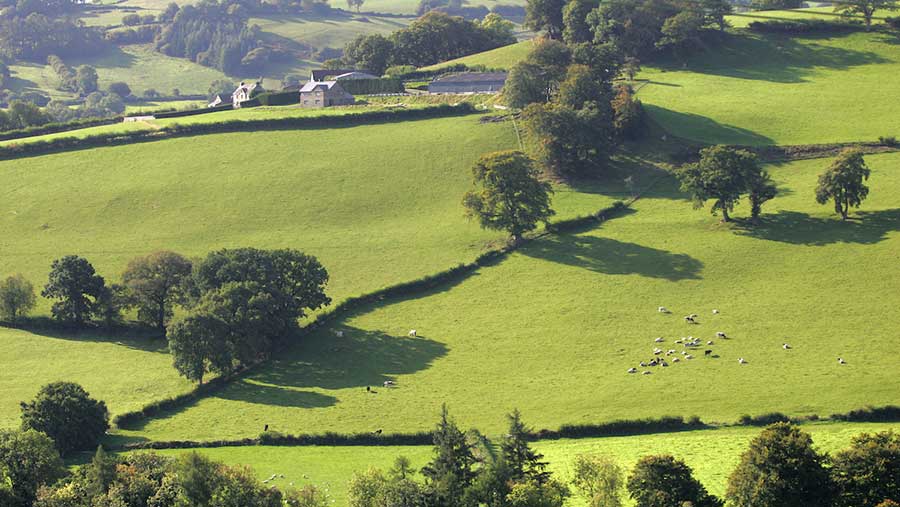Coronavirus: Delay BPS cuts by a year, says CLA
 © Tim Scrivener
© Tim Scrivener Cuts to direct payments must be delayed by one year, not least because of the coronavirus crisis, says the Country Land and Business Association (CLA), which has published a new policy paper on the Brexit transition process.
According to the government timetable, the phase-out of the Basic Payments Scheme (BPS) will start next year, with the new Environmental Land Management (ELM) scheme commencing in 2024. Full implementation is scheduled for 2028, after which there will be no more direct payments.
See also: ELM funding – figures reveal finance shortfall
Defra has already set out its plan for BPS cuts for next year, with 5% sliced off the first £30,000, rising in steps to a 25% cut on anything over £150,000. That would equate to a 16% total cut on a £160,000 payment.
But the CLA argues that, while there are many good things in the Agriculture Bill going through parliament, the transition away from direct payments still poses significant risks to farming businesses, productivity and the environment.
“Given that government has made slow progress in publishing details of how this transition will work – not to mention the scale of the disruption being created by Covid-19 – it is clear that delaying the transition is now absolutely necessary,” said CLA president Mark Bridgeman.
More detail
According to the CLA’s paper, a one-year delay would give Defra more time to agree and publish the details of how the BPS will be phased out over the full seven-year transition period, not just the first year.
It would also enable Defra to provide better information on how the ELM scheme will operate – including payment rates – and on the new animal welfare and productivity programmes, which are both set to receive taxpayer support.
Faced with such fundamental change, the extra time and information would help farmers and landowners make better decisions about the way they operate in future, says the CLA.
“A one-year delay is also more in line with the devolved administrations, which reduces the intra-UK competitive disadvantage farmers in England would suffer,” the CLA paper adds.
It notes that the Welsh government plans to keep direct payments uncut until 2022, with Scotland maintaining them until 2024.
In response, Defra said it would “reflect on any delays to parliamentary business and legislation”, and provide more information in due course.
“We will bring forward the next stage of the Agriculture Bill as soon as parliamentary time allows,” said a spokesman.
“The Bill legislates for an agricultural transition during which direct payments will be gradually phased out as we know farmers need stability, certainty and a smooth transition.”
Five other key components
The CLA makes five further suggestions in its paper:
- Full details of remaining direct payments for the whole of the seven-year transition period should be published within three months of the Agriculture Bill being enacted.
- No business should have more than 25% cut from its BPS before the ELM scheme is fully available, and cuts in year two and beyond should be at a flat rate.
- Cuts in direct payments should be no more than is needed for investment in productivity growth and the ELM pilot payments.
- A large-scale Business Adaptation Programme should be introduced, including advice, an agri-skills fund and investment assistance.
- Future funding should be based on actual need, rather than just reallocating the current CAP budget.
